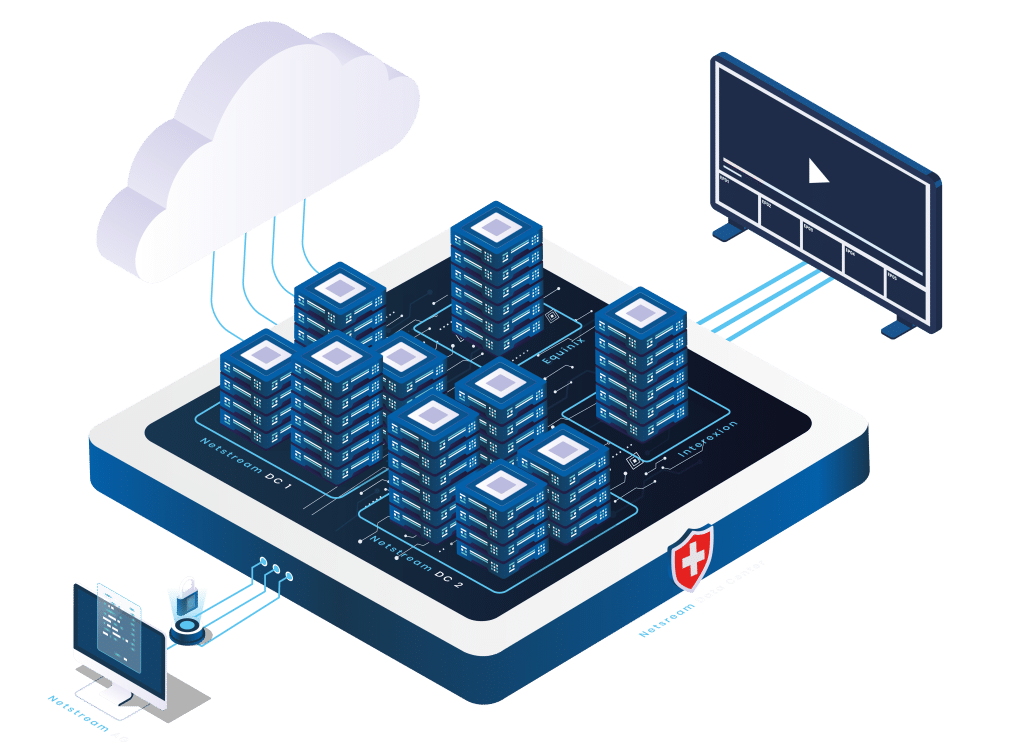Hardware failures, problems with the software or ransomware are well-known causes of disruptions and failures in IT. But human errors are also an unavoidable part of IT departments and are the cause of about 30% of disruptions and disasters. In this article, we take a look at some of the most common human errors in IT and how you can tackle the problem.
Despite all the advances and technological innovations in the world of IT, errors caused by people still occur. We will create an overview of the most common types of errors, the reasons behind them, what impact these errors can have on your business. In doing so, we will also highlight how to avoid human errors in the IT industry and what best practices exist to ensure the security and reliability of IT systems.
Lack of training and knowledge
One of the most common causes of human error in IT is lack of training and knowledge. New technologies and software updates require extensive training to ensure employees have the necessary knowledge and skills to do their jobs effectively. When employees do not have the necessary knowledge, they can inadvertently make mistakes that can lead to security issues and data loss.
To avoid this, companies should ensure that all employees receive regular training and that any missing know-how can be built up.
Lack of care and attention
In many cases, employees are influenced by distractions, fatigue or pressure to get their work done quickly. This can lead to errors that can cause security problems and data loss.
Therefore, plan enough time and resources to get the job done thoroughly. Ensure regular breaks so that employees are not overworked.
Lack of controls and checks
Most often, employees rely on their memory or skills to get the job done instead of implementing checks and controls. This can lead to errors that are often detected late.
To avoid this, companies should implement verification and control mechanisms to ensure that all processes and workflows are carried out correctly. This can be done, for example, through automated tests or by using checklists or protocols.
Lack of communication, collaboration and documentation
Employees often work in isolation and have little interaction with colleagues or other teams. This can lead to information not being shared or decisions being made that are not optimal.
Therefore, be sure to ensure communication as well as collaboration within and between teams. By sharing and documenting the necessary information, you can easily ensure that everyone has access to important information.
Lack of maintenance and care
Lack of maintenance and care can cause devices or systems to become faulty or even fail altogether, usually leading to data loss or security issues.
Ensure that all devices and systems are regularly serviced and maintained. This can be done, for example, through automated monitoring systems or regular manual checks.
Conclusion
Human error can have serious consequences in the IT industry, but much of it can be avoided through careful training, review and collaboration. However, despite all caution, effort and processes, humans are not error-free - and that's perfectly okay. Therefore, make sure you have a Disaster Recovery plan in place in case of an emergency. Prevention is particularly worthwhile at this point. In an emergency, simply fall back on redundancy and not only secure your business-critical work processes, but also relieve the burden on your employees and your wallet.
In addition, you can support your team with additional resources and know-how from outside and thus relieve the burden. This is child's play with our Managed Service, for example.


















